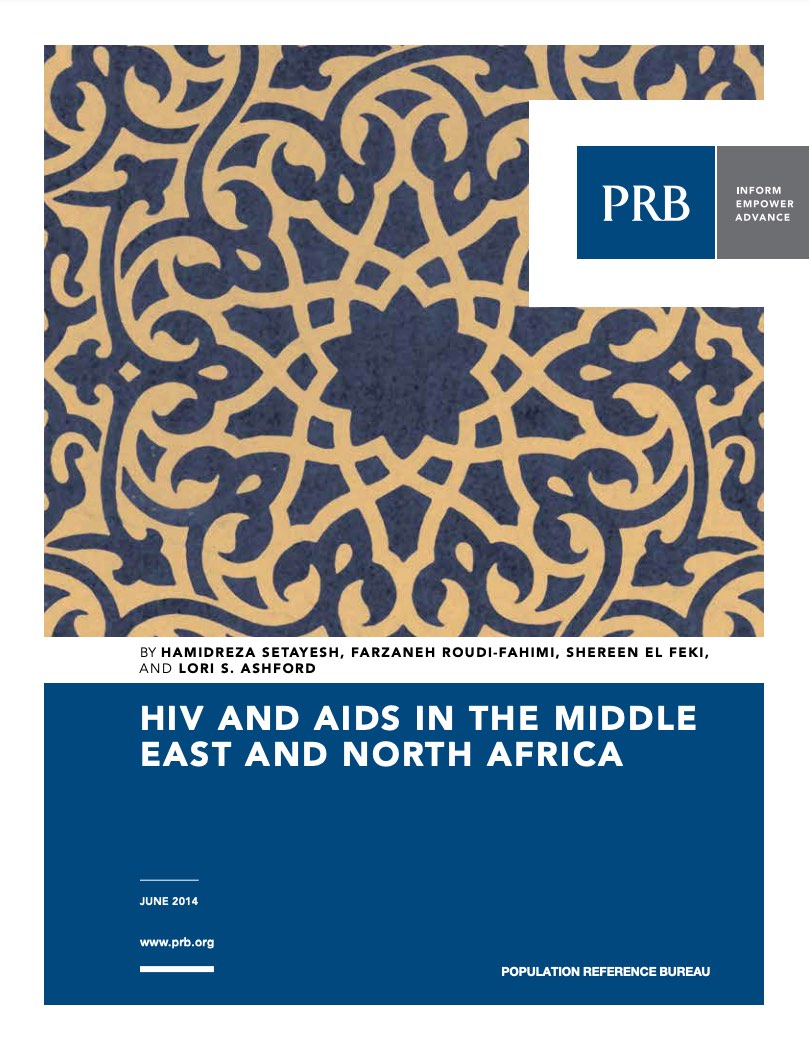Center for Public Information on Population Research (CPIPR)
The Center for Public Information on Population Research at PRB helps improve the translation and dissemination of major findings from population dynamics research and the communication and cooperation across the NICHD Population Dynamics Research Centers.




